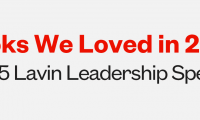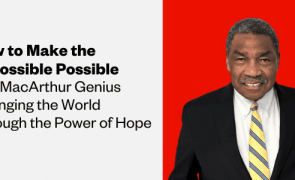Can someone’s political identity influence their ability to process information? It appears so. In the cognitive phenomenon known as partisanship, identification with a social group becomes so important, it can override reality. Psychology professor Jay Van Bavel shares strategies to combat this problem in a new TED-Ed video.
Imagine you’re watching your favorite sports team play. You see them commit a foul, but the fans around you cheer them on anyway. The tension between these two things—love for your team, and your understanding of the rules—creates cognitive dissonance. This feeling can be so uncomfortable, you might start to blame the referee or insist there was no foul in the first place, as a way to alleviate the tension. Now imagine the same behavior in politics, and it becomes even more dangerous. “Partisan-based cognitive dissonance can lead people to reject evidence that’s inconsistent with the party line or discredits party leaders. And when entire groups of people revise the facts in service of partisan beliefs, it can lead to policies that aren’t grounded in truth or reason.”
Jay Van Bavel, a professor of psychology and neural science at NYU, encourages us to remember that we’re all more biased than we think we are. To combat the partisanship problem, he suggests making fact-facing and questioning assumptions a valued part of the culture.
Watch the video here.
To book speaker Jay Van Bavel for your next event, contact The Lavin Agency today, his exclusive speakers bureau.















